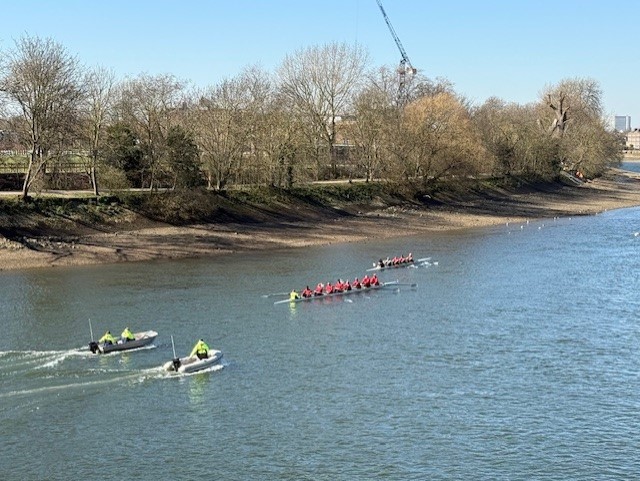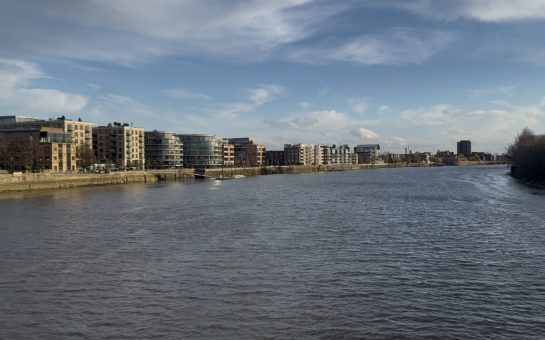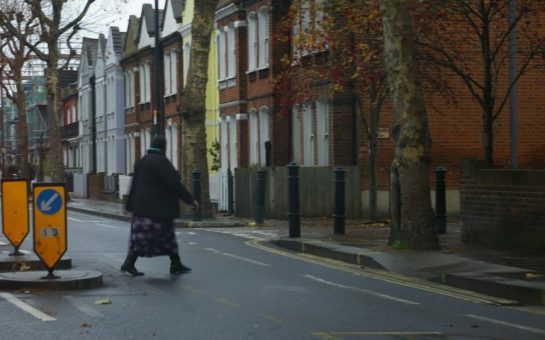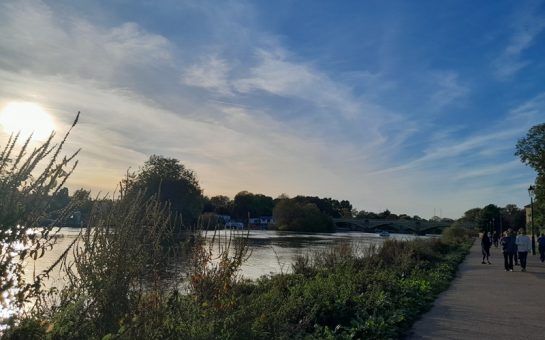For prisoners in the UK, life after incarceration is difficult to navigate with a stiff public attitude and troubles finding employment.
Strains on relationships, loneliness, and mental health struggles are all commonplace for former inmates.
But there are ways back into public life, and a single lifeline can often be the difference between successful reintegration and a path back to reoffending.
That is what Fulham Reach Boat Club (FBRC) is hoping to provide.
Located next to Hammersmith Bridge, FBRC launched Boats Not Bars in 2019, offering prisoners an opportunity for regular exercise and a route back into society.
Teaching basic rowing skills and offering fitness sessions, associated prisons run courses between six to eight weeks in length, with a FBRC coach visiting at least once a week as well as additional sessions often run by former participants.
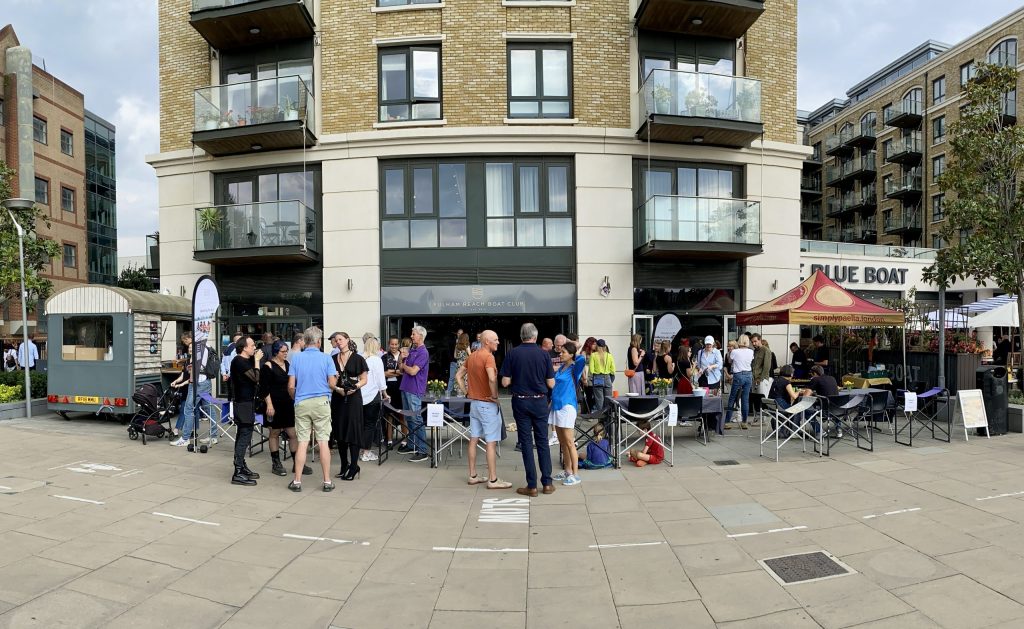
FBRC CEO Adam Freeman-Pask said: “When people are released from prison, we help them to find employment, and feel part of a club and part of a community again, when quite often they are marginalized and excluded unfortunately.
“The idea there is to give people something inspiring, motivating, and good for their health while they are in prison. It has really good impacts, helping people when they are unfortunately being forgotten about.”
Ministry of Justice research has shown that the likelihood of prisoners reoffending once released is significantly lower if they are exposed to physical activity, particularly team sports that prioritise relationships and collaboration.
Covering a mixture of adult and youth prisons around the south east, Boats Not Bars offers social skills like team-building and cooperation, as well as the chance to connect with future employers once inmates reach the end of their sentence.
Those that have previously taken part in programmes but still have time left to serve can train for such coaching certificates, enabling progression from a role as a participant to a mentor.
But the scheme’s flagship offering is the chance to race with FBRC members and former professionals along the Thames, experiencing the benefits of the sport first-hand.
In March, the club held the first of several planned races between adult members and the Boats Not Bars participants, a four-boat head-to-head from Hammersmith to Barnes Bridge.
With good behaviour and security clearance permitting, prisoners from HMP Huntercombe and HMP Springhill were able to benefit from ‘Release on Temporary License’, meaning they were let out of confinement in order to transfer their indoor rowing skills to the water.
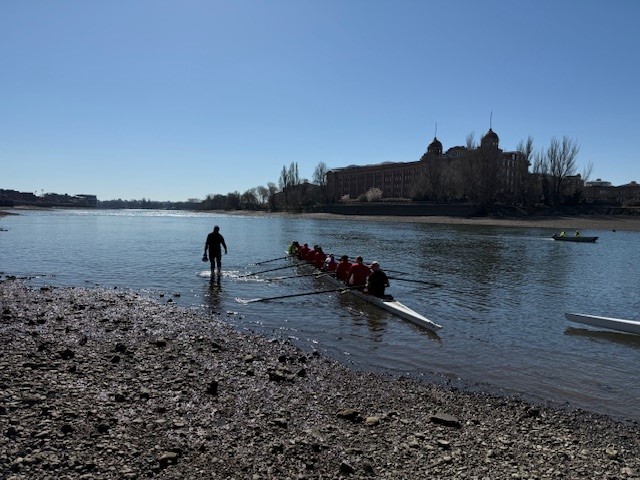
Programme co-ordinator Imogen Walsh said: “It’s an opportunity to bring people together. It’s the power of sport, where those different people probably would never have the chance to sit down for a cup of tea otherwise.
“But you go out and you race and then once everybody is back off the water, you sit down, you have something to eat and a chat and brag about who won and who lost. And all of a sudden there are no barriers.”
Walsh herself is a former World and European Champion, having rowed for Team GB in the lightweight category until her retirement in 2016.
But after being hugely influenced by a friendship with former armed robber John McAvoy, who joined her rowing club in 2012, she decided to use her passion for the sport as a way to give back to her local community.
Walsh said: “I wanted to use sport for wellbeing and social welfare, rather than strictly hunting for Olympic medals.
“We [FBRC] wanted to look at extending our reach to underserved groups of the population that could really benefit, and reaching out to those that would otherwise really struggle to come to us.”
For the participants of the race, applying their theory to the boats is not only a way to garner social skills and practice team bonding, but it is also a way to rebuff the stereotypes that are often associated with the sport.
One of the rowers, who chose to stay anonymous, said: “I probably would have bypassed something like this, thinking ‘oh it’s posh’.
“When I first went to the club, I actually said ‘I thought this was some posh geezer sport!’
“But now I’ve done it, I want to be an ambassador for it and get my friends involved.”
FRBC have more races planned across the summer, and hope to expand the scheme to more prisons across the country in the future.
But for the meantime, Walsh is focused on building a deeper relationship with those who already on the scheme, given the impression that Boats not Bars is having on inmates and the wide community.
Walsh said: “I think it has quite a powerful effect on that person’s psyche around what they can or can’t do. I’m just trying to get people out of a way of thinking that now they’ve committed a crime, they’ll always be a criminal.
“And I think that’s the individual’s thought process, largely because that’s what the public often thinks.
“If we are more open about the good things, then not only the public but the prisoners themselves will change their outlook on what’s possible post-release.”
